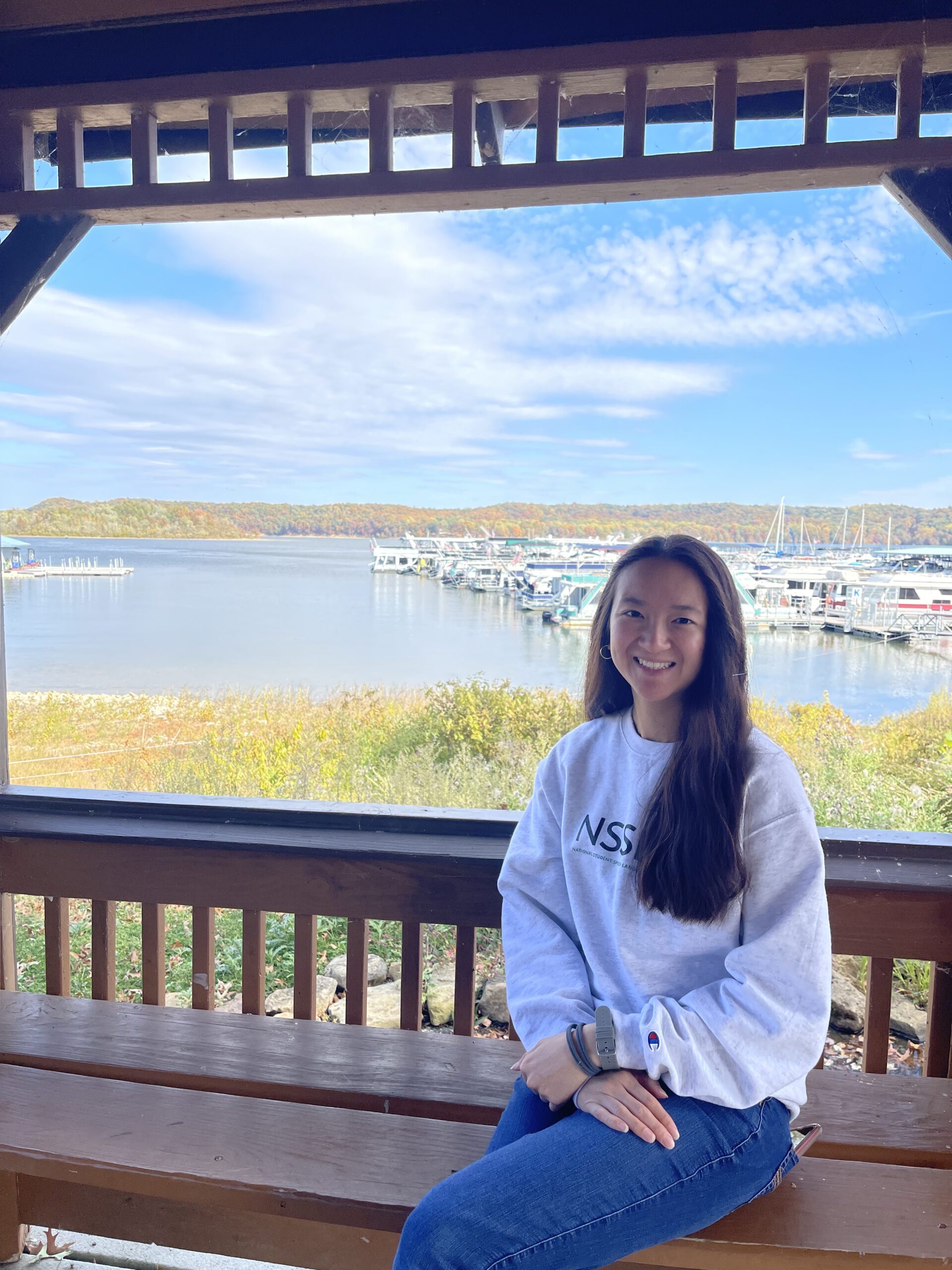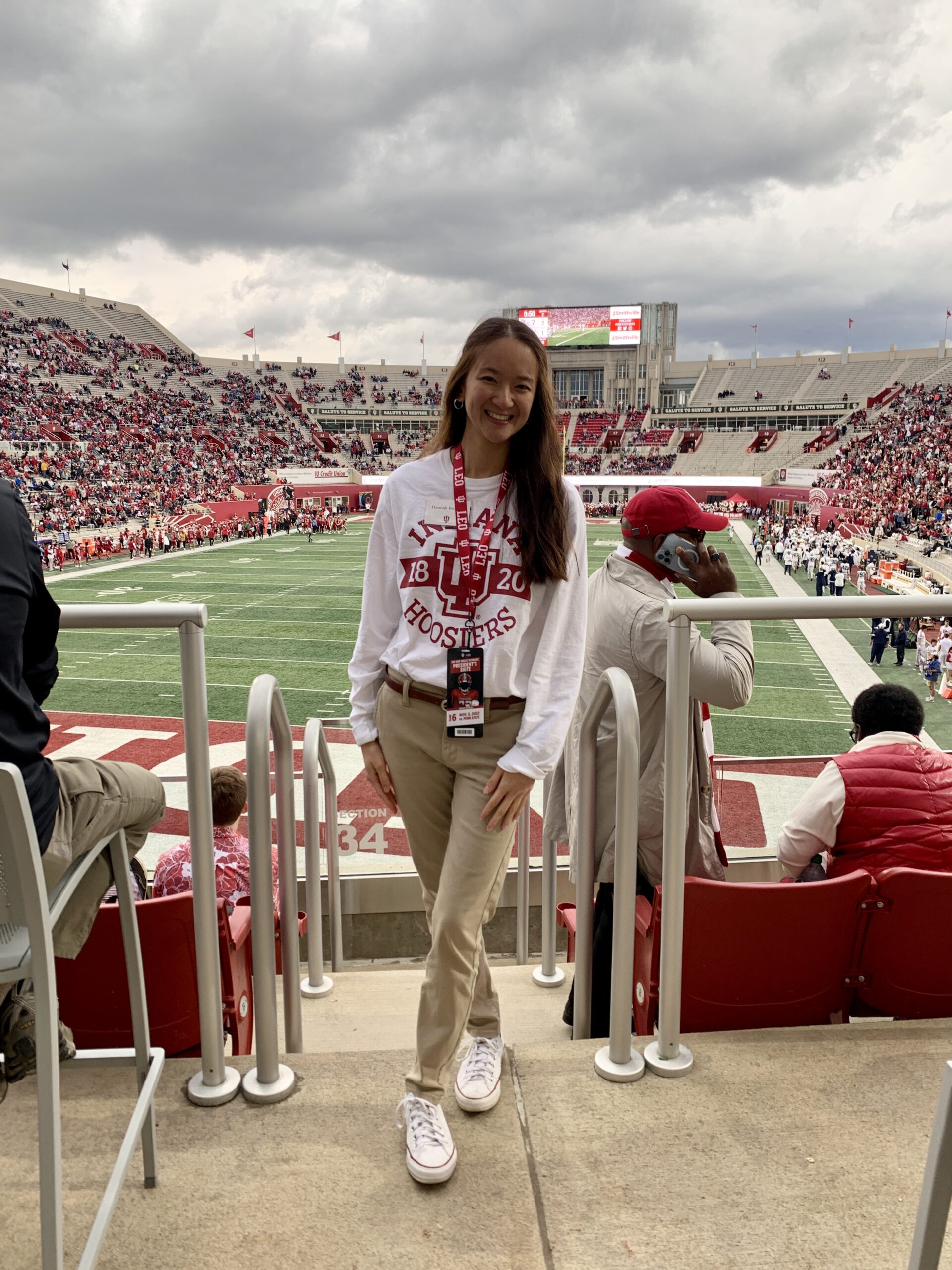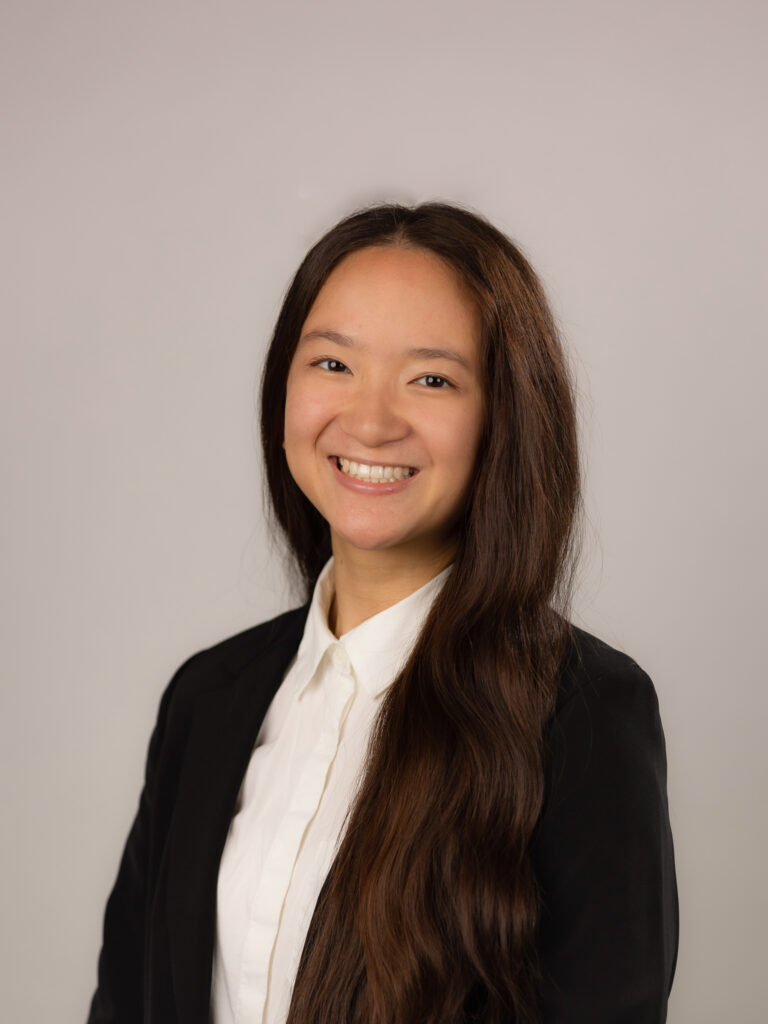Adoptees and Self-Identity
Who am I? Where do I come from? What is my racial / ethnic background? Who are my ancestors? These are the questions most people ask as part of exploring their sense of self and belonging. For adoptees and self-identity, these questions can often be more of a challenge to answer. Meet Hannah, Adoption Center of Illinois 2021 Scholarship award recipient. Follow along as she tells you of her experience with embracing her adoption story and self-identity.
Embracing my Story
As the news headlines flooded with the cries of the Asian American Pacific Islanders (AAPI) with the recent attacks against the community, it prompted me to reflect on my experience as an adopted Asian American. Adoption has undoubtedly changed my entire life and perspective. What if I was never adopted? What would my life look like without the people who surround me today? How has my experience as an adopted child shaped me into the adult I am today? There are no true answers to these vague, hypothetical questions. Yet, I can answer them with the knowledge that I am extremely grateful for the life that I am living now as an adopted, Asian American woman. Thus, adoption has substantially impacted my life in three distinct ways, which include fostering my identity, changing my perspective of how a family is defined, and giving me endless opportunities to make a difference in the world.
To begin, growing up as an adopted Asian American, I struggled with finding my identity of who I really was. Unfortunately, being an adoptee is not always picturesque as one would assume. For instance, I was not aware that I looked different from most of my peers until around second grade. I remember approaching my dad to ask him if I was Black after we watched a video about Martin Luther King Jr., and another student said I looked like him. That was the earliest moment when I realized I did not look like my parents, and I was aware of my race. In elementary school, I struggled to fit in, trying to be a part of the “popular” girls who were unironically pretty White blonde-haired girls.

Years pass filled with curious questions by my peers. One of the most frequently asked questions I was asked was, “Can you speak Chinese?” I often shook my head no, feeling shameful and guilty. Fortunately, I have grown comfortable with the fact that I do not look like the popular girls and cannot speak Mandarin, and it does not make me an inferior person. However, the search for identity continued well past elementary school and middle school. Throughout high school and even occasionally now, I feel guilty for not being “Asian enough” and knowing very little about my heritage and culture. A popular term for how I was raised is “whitewashed”. I was adopted at one year old, and I have lived in the United States with my White family for 19 out of the 20 years of my life. I look at pictures and stare at myself in the mirror, asking myself who am I? Yet, I remind myself that my feelings are valid, but it is also important to remember this is my story. Each story is unique, and there is no need to be ashamed of my past and the life that I am living. Therefore, it is common for children and teenagers to struggle with finding his or her identity, but adoption has elevated this part of my life. It has allowed me to reflect and be conscious about who I am and who I am becoming, which is part of my unique individual story.
Another way adoption has impacted my life is how I perceive the meaning of family. Family ties closely into my identity struggle. I often struggled with my identity due to the fact that my family simply did not look like me and that they were older than other kids’ families. Returning to the girls I wanted to be like, they had young parents who looked similar to them. Since this was not the case for my family and me, unfortunately, I became easily embarrassed of them for years. For instance, my dad was the mystery reader in second grade during our library time. As he read a book about dinosaurs, I sat in the very last row of the library, away from the other children. When he finished, I ran behind the bookshelves crying because I was embarrassed. The same year, my mom was walking down the hallway to help decorate for our Halloween party, and I muttered, “Oh my God,” because I was mortified. In middle school, I would walk three paces in front of my aunt who would accompany me to her house after school. Even in high school at times, I dreaded going out in public in fear that someone I knew would see me with my family. Throughout most of my life, I would not invite people over to my house because I was embarrassed of my family. It is difficult to admit that I have committed these actions against my family who have continuously supported me, cared about me, and always wanted what was best for me. Yet, my vulnerable reflection is part of my story, and it has been a learning experience. It does not matter if my parents look like me. Family is not solely defined by biology, rather, the love, care, and support they offer. Thus, when people continue to ask the question, do I ever want to meet my “real” parents or family? I reply no because I know the people who have raised me to the person, I am today, are my family. Hence, a family comes in different sizes and combinations; it does not necessarily consist of the people who you were born with, rather, the people who demonstrate unconditional love and support for one another.

Lastly, adoption has given endless opportunities to be the best version of myself and to be able to make my own mark on the world. The beautiful part about opportunities is that they can be large or small, and they can make a significant difference in the long term. I went to a top high school in northwest Indiana, graduated in the top eleven percent of my class, was involved in several extracurricular activities like dance team and National Honor Society, volunteered at my church, and am now on my journey as an aspiring Speech-Language Pathologist. All of these pieces fit together to form a picture of who I am, which consequently shaped my personality. Dance taught me resilience, volunteering showed me kindness, and academics drove a hard work ethic. Thus, I would not be where I am today without my adoption experience. If I were never adopted, I would not have had the same educational and leisure opportunities that I have now. I am beyond grateful for having the chance to work towards my goals and dreams without worrying about meeting the basic necessities in life. I do not have to worry when my next meal is or fret whether I can use clean water to drink and bathe in. Being adopted has given me a life where I could create a life that I chose to live.
In all, adoption is the most singular fundamental experience that has changed my life in both subtle and obvious ways. It has helped build my identity and driven the experience of finding myself. Adoption has helped me redefine family, in which there is no “typical” family. It has also provided me with opportunities that have set me onto the path of who I am today and who I am becoming. My experience of being adopted from China is a learning process, where I make mistakes and learn from them. I am blessed to live and learn at a young age, so I can continue improving as a person and being grateful for where I am. All of these components combine to form the life I am living now. Thus, as I contemplate how I personally fit into the label of Asian American Pacific Islanders, I realize that it is not a uniform, homogenous group. Millions of diverse people make up this community. As an adopted Asian American myself, I can offer and share a unique perspective. I should not feel guilty for my existence. I am learning to love my story and embrace my identity as a proud Asian American adopted woman who is headed to make a difference in the world.
From ACI – Thank you Hannah for sharing your story. For anyone needing adoption resources please click here.

